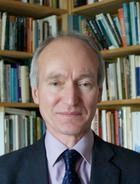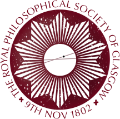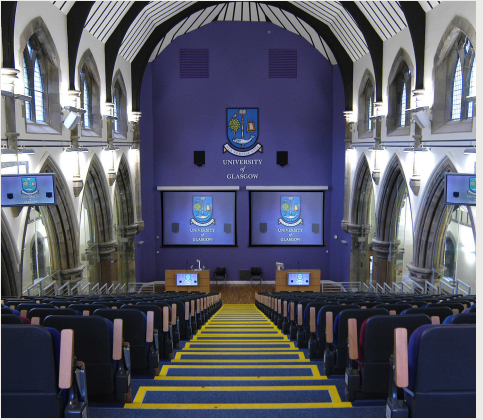
Summary
The ideals of liberal education used to be at the heart of Scottish educational democracy. Handing on the best that has been thought and said, subjecting that tradition to critical scrutiny, and widening access to it in the name of democracy: these ideas used to be accepted by almost all shades of educational and political opinion. All agreed that the main aim of education should be to enable and encourage people to think for themselves on the basis of evidence and reason, and that the best means to that end was immersion in the inherited structures of knowledge. Yet these ideas are now regarded in Scottish policy as quaintly old fashioned. Why? What relationship does this change have to Scotland’s at best merely average educational performance by global standards? Does liberal education, grounded in systematic knowledge, still have any role to play in a democratic society?

